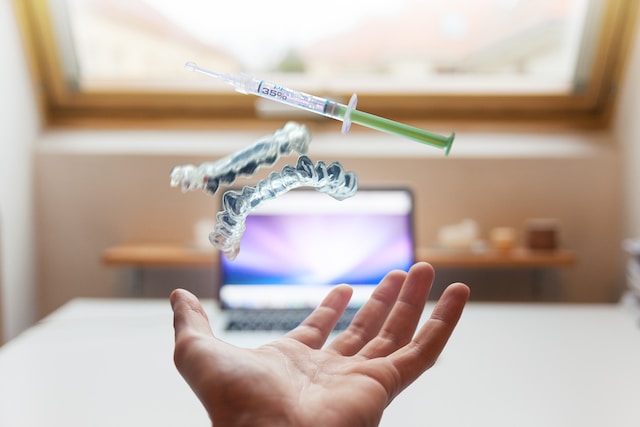Regular dental examinations aid in the early detection of diseases, and there is a clear correlation between oral and general health. Untreated oral health concerns might eventually result in significant, uncomfortable, and costly complications.
Your dentist will check for cavities, gum disease, infections, and oral cancer during routine appointments. They will also take X-rays to detect issues that are invisible to the naked eye, such as impacted teeth or jaw damage.
Gum Disease
Although the best way to prevent gum disease is to practice good oral hygiene at home, regular dental cleanings are also important. These professional cleanings help remove hard-to-reach plaque and can reduce inflammation of the gums, which may be a sign of periodontal disease.
Research has indicated a connection between gum disease and other medical conditions like diabetes and heart disease. This is due to the possibility of oral bacteria entering the lungs and causing irritation. This can make it harder for the lungs to absorb oxygen, leading to respiratory problems.
During a routine examination, a dentist might look for indications of gum disease. They will probe the gums for inflammation and use a small ruler-like instrument to measure pockets around the teeth (usually 1 to 3 millimeters deep in a healthy mouth). They will also ask about your medical history to see if certain conditions or medications increase the risk of gum disease.
Tooth Decay
Tooth decay develops when sugars in food and drinks react with bacteria in the mouth to form plaque. Over time, this can wear away at the enamel, causing it to soften and dissolve. Regular brushing and flossing remove some of the plaque, but this is not enough to prevent tooth decay.
A periodontist Bethpage NY can spot decay in its early stages while still on the enamel. They can use fluoride treatments or fillings to repair this damage. If the decay reaches the dentine (the inner part of the tooth), it may need to be treated with root canal treatment or a crown.
Your dentist will also search for indications of other oral health issues, such as infection and gum disease, during a visit. They will take X-rays to detect issues that are not visible, such as cavities between teeth or impacted teeth. They will also perform a head and neck examination to look for abnormalities.
Bacteria
When left untreated, plaque bacteria produce acids that eat away at tooth enamel. This results in cavities that can be hard to detect until they cause pain or a bad taste. Routine dental cleanings allow your dentist to identify these areas of tooth decay and provide treatment before the problem worsens.
During your dental checkup, the dentist will also remove bacterial debris from around your teeth and gums. This includes tartar, which can only be removed by a dental health professional.
Plaque bacteria elaborate various compounds (H2S, amines, toxins, enzymes, antigens) that elicit an inflammatory response that leads to periodontal disease, pocket formation, and loss of teeth.
Smoking
Visiting a dentist regularly is the best way to avoid expensive dental procedures in the future. A regular evaluation can spot problems in their early stages and provide non-invasive treatments to address them. Moreover, these appointments can help you create proper oral health habits that promote long-term healthy teeth.
Not only may gum disease and tooth decay ruin your smile, but they also raise the risk of other major health problems, including diabetes and heart disease. You can greatly lessen your chance of developing these health problems and lead a longer, happier life if you identify and treat these concerns at an earlier age.
In addition to examining your teeth at your regular checks, your dentist will also evaluate the rest of your head and neck for any anomalies that can indicate severe disorders. Additionally, they will take your blood pressure, which gives them an overview of your general health.

